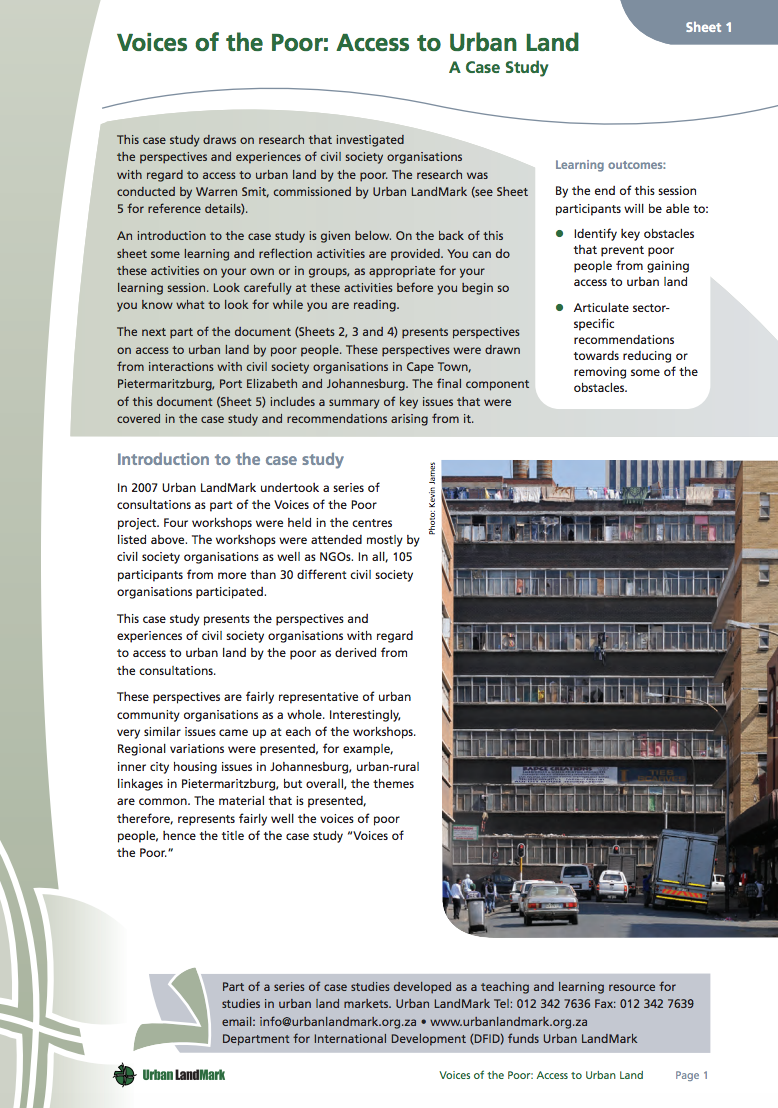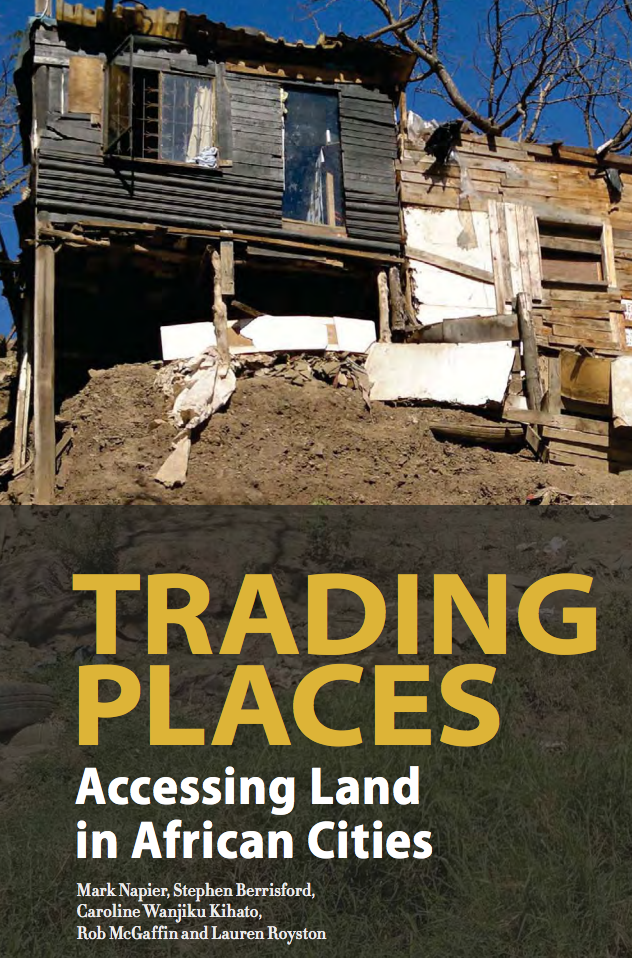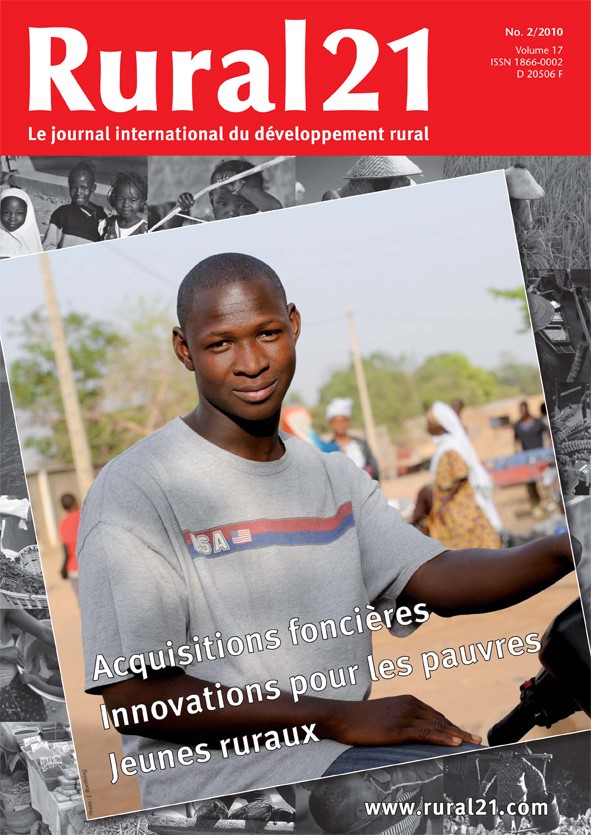The urban transition: challenges and opportunities
Urbanisation and economic transformation - the growth of non-farm, industrial and service sectors - offer many opportunities for improvements in poor people's lives.The crucial challenge is to ensure that places work better for people, providing an enabling and supporting environment for changing livelihoods and economies. But all too often there is a failure to recognise and manage the urban transition, resulting in the continuing urbanisation of poverty, vulnerability and exclusion.







